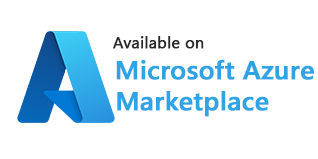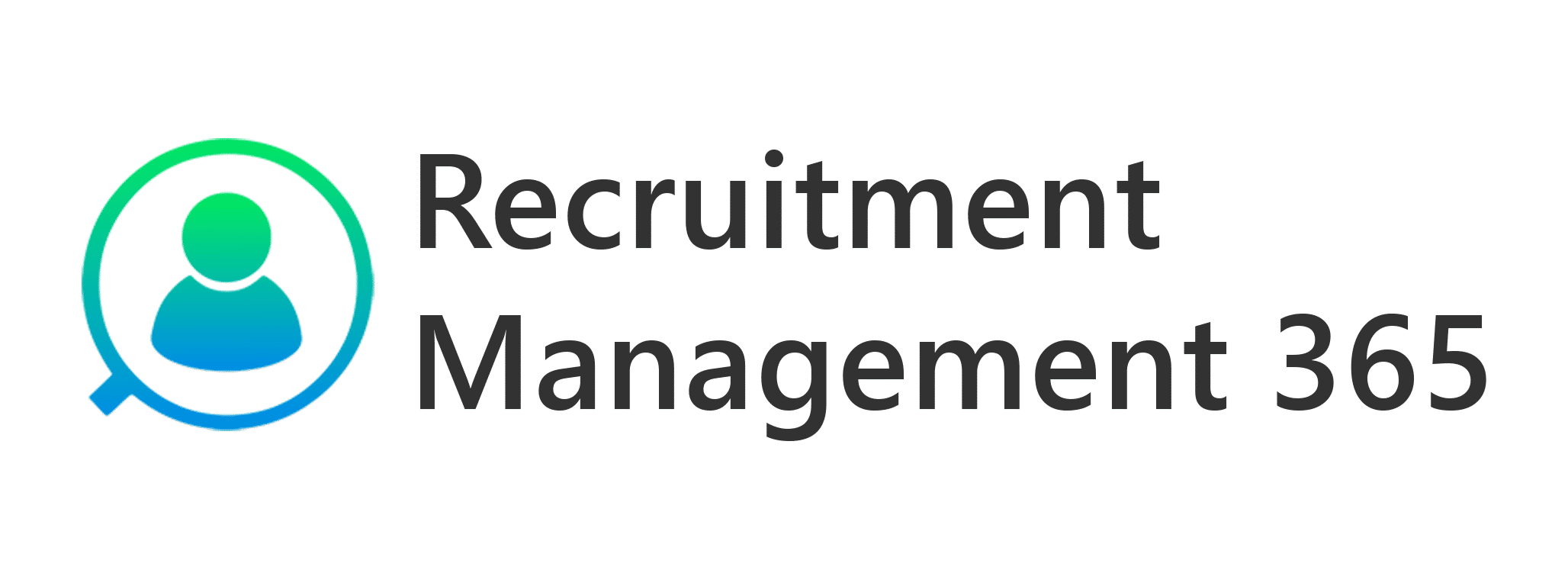
Smart Hiring with Microsoft Recruitment Software.
Our Microsoft Recruitment Software, powered by Microsoft 365, automates your hiring process, helping you find the best talent quickly!

Trusted by 11700+ businesses from 167 countries

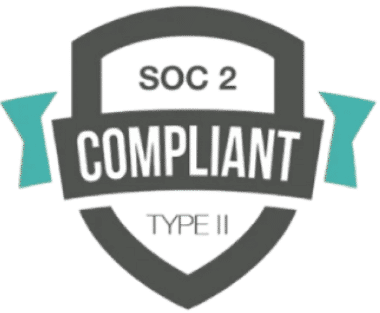

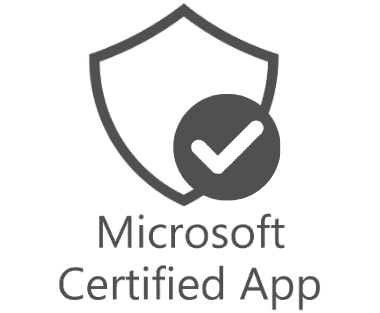

_JiluXJRGNl.svg)



%201_xS9GRGQZx.png)



Tools_BestEstimatedROI_Mid-Market_Roi%201_rKe0oiAdA.png)


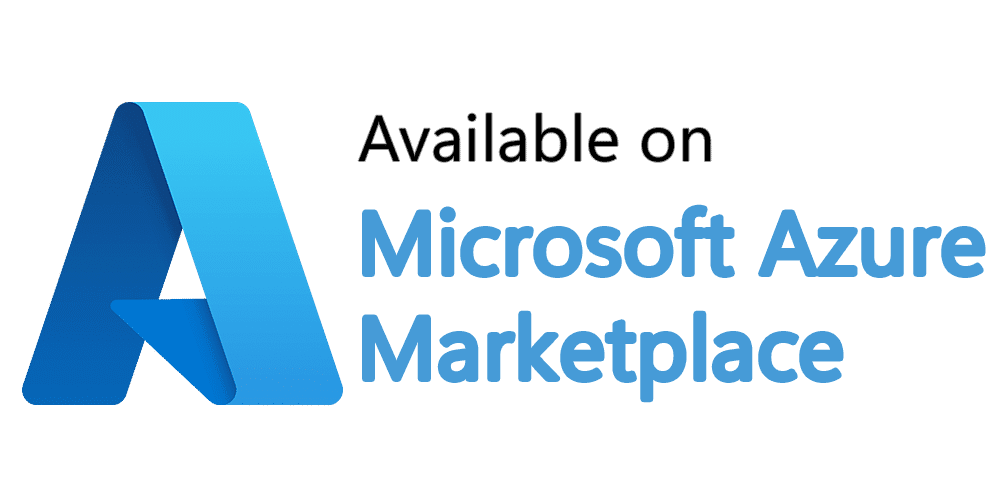


















Boost Your Hiring with AI and Human Insight
Our Recruitment Management Software combines AI and human touch to simplify your hiring. Easily integrated with Microsoft 365 apps like Teams, Outlook, and SharePoint and helps you connect with top talent faster.
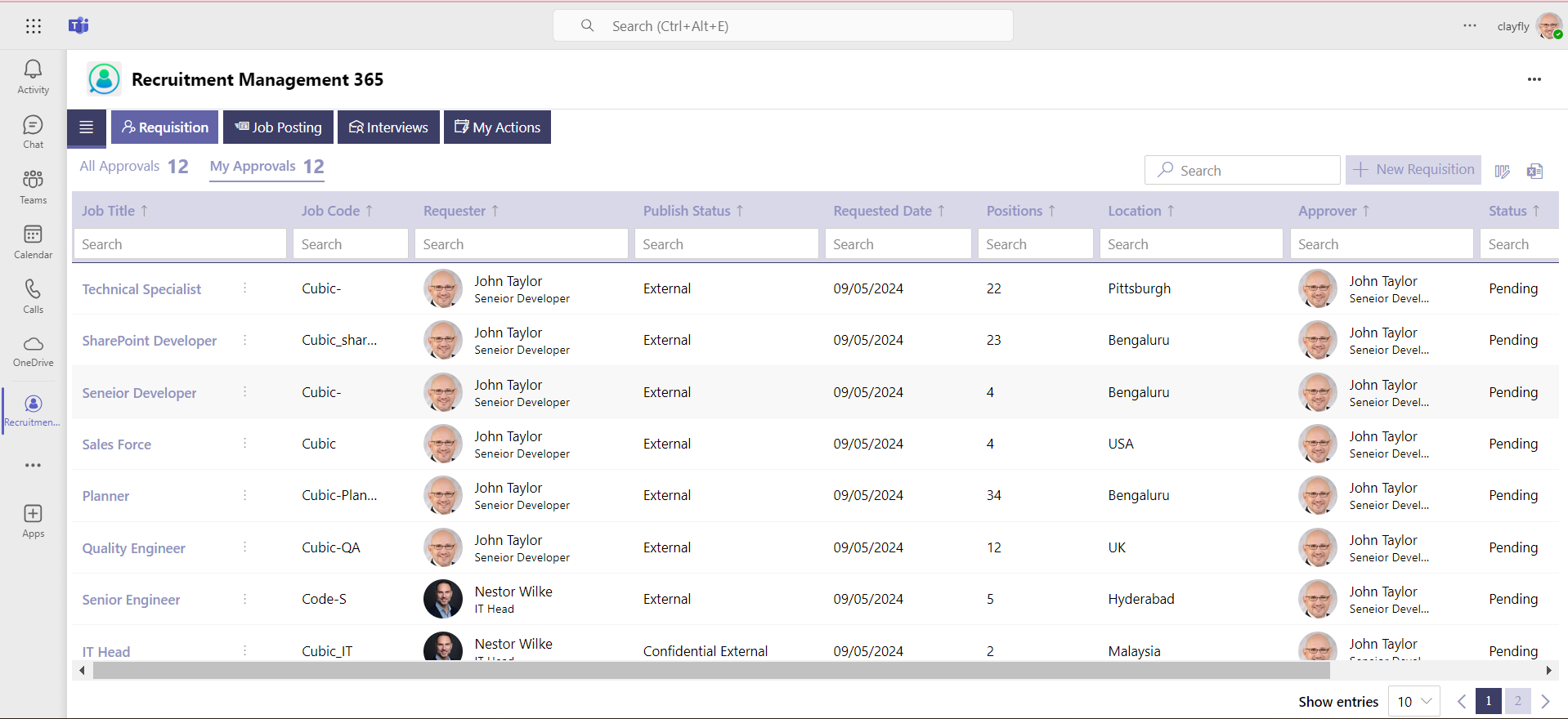

Why Choose Recruitment Management 365
Our Software uses Microsoft ecosystem for better security, seamless integration and optimizes your hiring process.
Cyber Security
Cyber Security in GCC & GCC High within the Microsoft environment places high importance on stringent measures to protect sensitive government data, ensuring security with robust defenses and Microsoft applications.
GCC & GCC High
Our apps are built for GCC & GCC high tenants of US Federal clouds.
SOC2 Type II Certified
Our apps ensure security, compliance, and data protection
MS Azure Marketplace
Our apps are tested by Microsoft and available on MS Azure Marketplace
Microsoft Appstore
Our innovative applications are available on the Microsoft Appstore.
Customer Support
Our Support Team merges technical prowess with sincere care, fostering trust through expertise and empathy. They build lasting relationships, transcending mere service to create meaningful connections.
AI Enabled Apps
Our innovative apps are built with the options of Azure AI, Copilot, and custom AI solutions.
Swift Deployment
Choose any deployment method—Teams, Outlook, or SharePoint—that suits your preferences.
Modern UI/UX
Every app is crafted using the latest Fluent UI, ensuring seamless functionality across all devices.
Free Updates
Our valued subscribers enjoy unlimited support, enhancements, features, and updates.
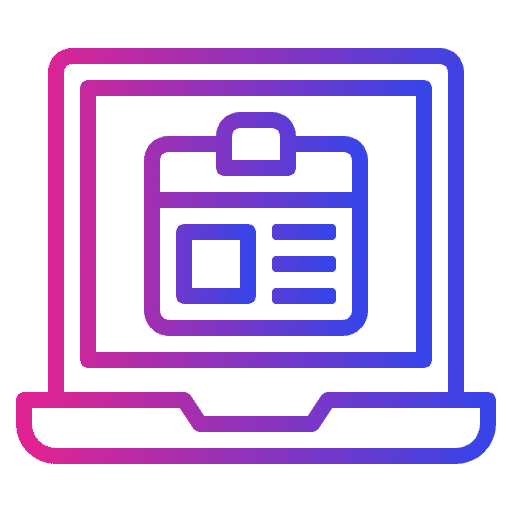
Multi-Platform Job Posting
Easily share your job openings across multiple platforms, helping you reach a wider audience and connect with more qualified candidates.
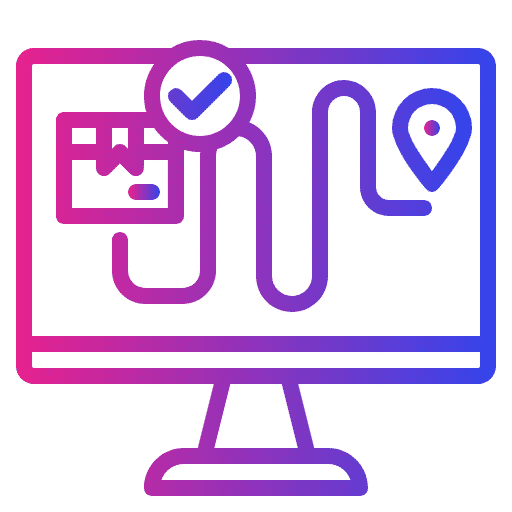
ATS for Easy Tracking
Manage candidates with ease using a streamlined tracking system, keeping all recruitment details organized and current.

Automatic Candidate Filtering
Easily sort and rank candidates based on your criteria. Accelerate decision-making and optimize your hiring process with accuracy.
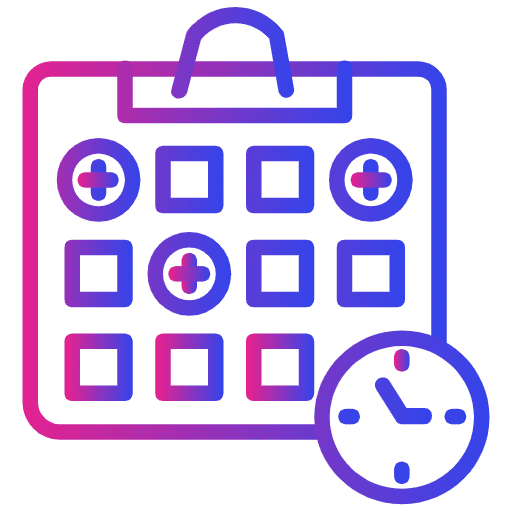
Effortless Scheduling
Simplify interview scheduling with easy tools for smooth coordination and clear communication.
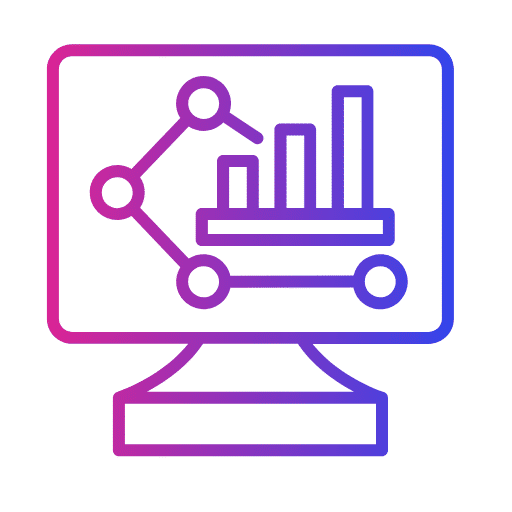
Data-Driven Insights
Use powerful recruitment analytics to make smart, data-driven hiring decisions that align with your company's goals and needs.
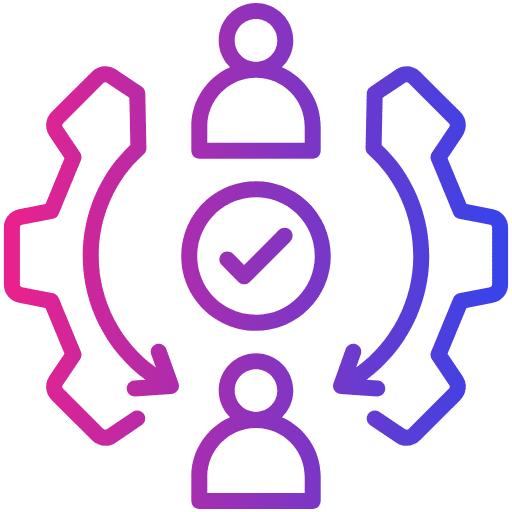
Seamless Onboarding
Simplify onboarding with an integrated system that provides new hires with the tools and info they need from day one.
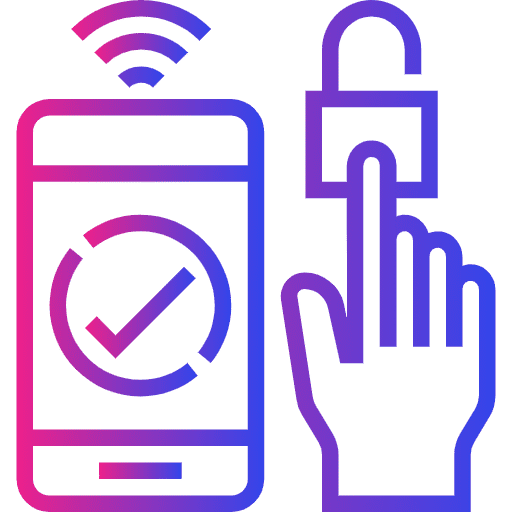
Mobile Access
Stay connected on the go with mobile access for employers and candidates, keeping you up to date.
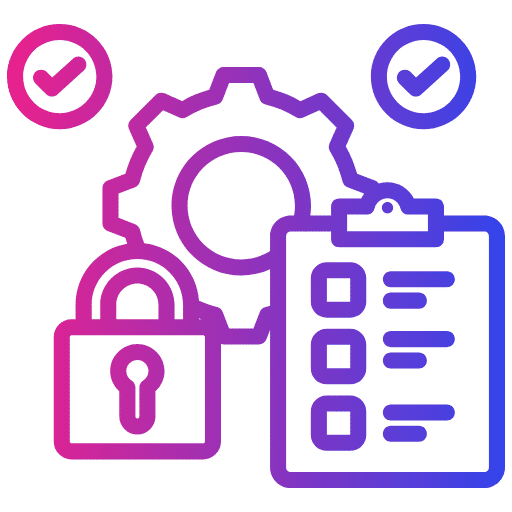
Compliance & Security
Stay compliant with industry regulations while protecting candidate data with top-tier security features, ensuring confidentiality and trust.
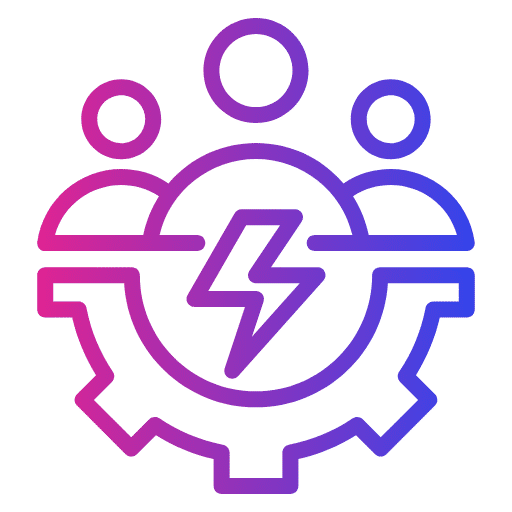
AI-Powered Recruitment 365
Use AI to improve every step of recruitment, from posting jobs to onboarding, making the process faster, easier, and more secure.
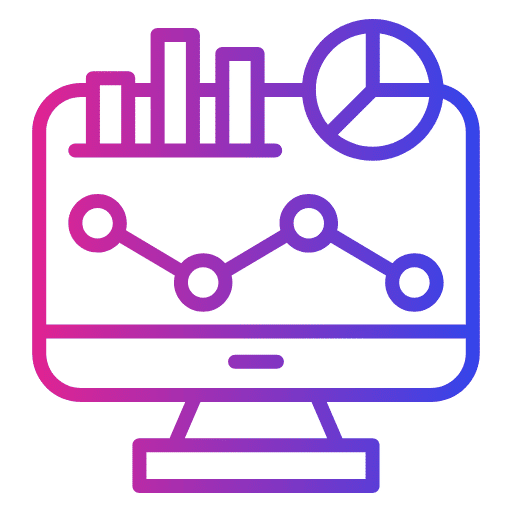
Dashboard
Get a clear view of your recruitment with a dashboard that tracks performance and provides real-time insights.
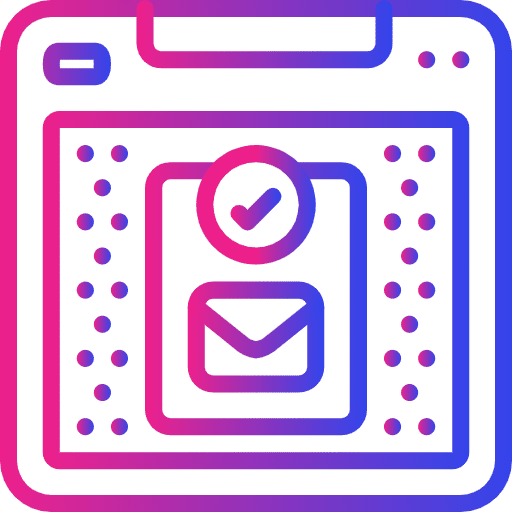
Confidential Job Postings
Create confidential job postings for sensitive roles, sharing them only with the right audience to protect privacy and security.
Advance Hiring with AI-Powered SharePoint Recruitment Software
Let AI optimize your recruitment process, so your team can focus on what matters—finding top talent. With SharePoint Recruitment Software, powered by Microsoft, automate and accelerate your hiring tasks. Whether you are a small business or a large enterprise, helps you work smarter, hire faster, and enhance productivity with ease.
Unlimited Interview Question Bank
Access a wide range of role-specific questions. Make interviews efficient and spot the best talent quickly.
Resume Parsing with AI
Use AI to automatically scan and evaluate resumes quickly. Find top candidates faster with smarter screening.
External & Internal Job Portal
Post job openings internally and externally to attract diverse talent. Reach more candidates and expand your talent pool.
Schedule Interviews with Teams
Easily schedule and manage interviews with Microsoft Teams, streamlining coordination and making the entire process more efficient.
Unlimited Support Tickets
Get all the support you need with unlimited access to help tickets. Resolve issues faster and keep your hiring process smooth.
Candidate Referral
Streamline your hiring with an easy candidate referral system. Encourage your team to recommend great candidates.
Unlimited Application Forms
Create as many custom application forms as you need. Easily gather all the information you need from candidates in one place.
Recruitment Management 365 Stands Out
Empower your team to hire top talent with precision, ensuring every candidate is evaluated with care and efficiency
Benefits of Microsoft Recruitment Software
Microsoft Recruitment Software is not just about hiring; it is about finding the perfect fit for your team while saving time, cutting costs, and creating a great experience for everyone involved.
Faster Hiring Processes
Speed up hiring with automated workflows, simplifying everything from job postings to interview scheduling.
Cost Savings
Automate repetitive tasks to reduce hiring costs. Ensure a more efficient, cost-effective recruitment process.
Scales with Your Business
Whether you are hiring five or fifty, recruitment management software grows with you, adapting to your unique needs and goals.
Empowered Hiring Teams
Give your team the tools to collaborate easily, track candidates effortlessly, and make confident, informed decisions.
Better Candidate Experiences
Create a seamless journey for applicants with clear communication and quick responses, making your company a top choice for talent.
Reduced Stress for HR Teams
Automation streamlines scheduling and reminders, letting HR teams focus on relationships instead of repetitive tasks.
Hire Smarter with Seamless Solutions
Easily set up, customize, and manage your recruitment process with SharePoint Recruitment Software. From job postings to onboarding, powerful tools make hiring faster, easier, and stress-free.
_eXEyQVXbrh.png?updatedAt=1735914125187)
Power Automate
Save time by automating ticket updates, notifications, and approvals for smoother support management.
_Kds_Hz7QcQ.png?updatedAt=1735914124948)
Power BI
Generate clear and detailed reports to better analyse support performance and make informed decisions.
_fKJEyRsAdu.png?updatedAt=1735914124951)
Power Apps
Use AI chatbots to instantly answer common customer support queries or provide ticket updates.
_F7DLaFcFoe.png?updatedAt=1735914125177)
Power Virtual Agent
Build custom apps to enhance ticketing workflows and integrate seamlessly with Recruitment Management 365.
Recruitment Management 365 Plans
Standard
$4999
per user / month, billed yearly
Standard Plan Features
- 50 users
- Free updates via Microsoft store
- Alphabet filtering
- 1 Exclude options
- 1 Search options
- Auto sync data from M365
- Optional classic support@
- $30/month
Plus
$9999
per user / month, billed yearly
Everything in Standard and…
- Up to 150 users
- Standard support unlimited
- Worth of $49/month included.
- Multiple Exclude options.
- Multiple Search options
- Choice to hide user properties.
- Configure SIP / Call protocols
- Multiple profile image sync
- Modern SharePoint App
- MS Teams App
- Advance top bars filters
- Custom fields
- Custom column search
Premium
$4499
per user / month, billed yearly
Everything in Plus and…
- Upto 200 users
- Add-on $50 for every 100 users
- Standard support unlimited
- @59/month included.
- Free updates with support
- Sync Active directory attributes.
- Online presence with extended
- status
- Birthday and anniversary
- notifications
- Custom logo
- Organization chart
- Custom quick link
- QR Code
- Hide Mobile number selectively.
- Custom return page link
- Available in 10+ languages
- Advance top bars filters
- Multiple people manager
- Configure pro-nouns
Enterprise
$6499
per user / month, billed yearly
Everything in Premium and…
- Upto 300 users
- Add-on $50 for every 100 users
- Standard support unlimited
- @79/month included.
- Filters - About me, Projects,
- Skills
- Filters - School and Hobbies
- Quick link to custom profile
- pages
- Executive Assistant relationship
- Online presence with extended
- status
- Calendar - free / busy
- information
- Profile Imaged with text frames
- Import users using CSV
- Exclude Bulk Shared Mailboxes
- Guest user
- Dashboard
- Dedicated account manager
- Quick Teams web chat within
- employee directory
- Request to change personal info
- Employee spotlight
- Intranet birthday & anniversary
- add ons
- Non Microsoft 365 users
- Automatic reply status from
- Outlook
- Map with your own employee
- data
Using Azure? now you can buy on Azure Marketplace or using your enterprise agreement
Get started with 14 days risk free trial.
No credit card details required.
Customer Testimonials
Hear from satisfied organizations that have transformed their IT and internal support with Helpdesk 365.
SharePoint Consultant, Raymond West
California
Finance Manager, Exeevo
New York
IT Director, Frontier Waste Solutions
Texas, US
Sharepoint Developer, Recor Medical
Washington, US
Business Manager, Cerilon
Canada
Director of IT, JConnelly
New York
System Admin
Oregon, US
IT Manager, Pallas LLP
England, UK
IT Officer, HanmiGlobal Saudi
Saudi Arabia
ICT Manager, SMT Shipping
Europe
Barton Associates
Cofounder
Vice President of Operations
Head Of Information & Technology
Director of Infrastructure
Schedule a Free Personalised Demo or Free Trail
Discover the full potential of our product with a complimentary trial today!
%202%20(1)_UZpBvPU7A.png?updatedAt=1736170678886)
Frequently Asked Questions
What is a Recruitment Management System?
A Recruitment Management System simplifies hiring by managing job postings, applications, interviews, and onboarding. It automates tasks to save time, reduce errors, and help HR teams hire the best candidates efficiently.
What is Recruitment Software?
Recruitment Software automates the hiring process, helping HR teams manage job postings, track candidates, schedule interviews, and communicate from one platform. It streamlines tasks, saving time and improving hiring efficiency.
What is Microsoft Recruitment Software?
Microsoft Recruitment Software simplifies hiring by automating tasks like posting jobs, filtering resumes, and scheduling interviews. It integrates with Microsoft tools like Outlook and Teams, enhancing collaboration and efficiency.
What is SharePoint Recruitment Software?
SharePoint Recruitment Software, built on Microsoft SharePoint, helps teams collaborate on hiring by storing, sharing, and tracking recruitment information in one place, ensuring tasks are organized and accessible.
How Do I Get Started with Recruitment Management Software?
To start with Recruitment Management Software, research and choose a system that fits your needs. Follow the vendors setup guide, customize it to your hiring process, and integrate it with your existing tools. Many providers also offer training and support to maximize its use.
What are the 3 Principles of Recruitment?
- Attract: Build a strong employer brand.
- Engage: Keep candidates interested.
- Select: Choose the right fit with data-driven methods.
What is the difference between ATS and recruitment systems?
- An ATS (Applicant Tracking System) focuses on streamlining your hiring process by organizing applications and filtering candidates based on your criteria.
- A recruitment system, however, goes beyond just tracking. It is a complete tool that handles sourcing, interview scheduling, onboarding, and reporting, making the entire recruitment journey smoother and faster.
Why is the Recruitment System Important?
A solid recruitment system saves time, ensures you find the right people, and keeps the process organized. It is the key to making smart hires, fast.
What Makes Recruitment 365 Different?
It is not just software—it is your secret weapon! AI-driven, integrated with Microsoft 365, and designed to speed up hiring while keeping it simple. Find the right talent, faster.
How Does Recruitment 365 Save Time?
Automated workflows, instant candidate filtering, and easy scheduling mean no more endless tasks. You can hire faster, with less stress!
Try It Free, No Obligation
By proceeding, you accept Cubic Logics’s terms and conditions and privacy policy






Schedule a free personalized 1:1 demo
By proceeding, you accept Cubic Logics’s terms and conditions and privacy policy






Let’s Customize a Plan for You
By proceeding, you accept Cubic Logics Terms and Conditions and Privacy Policy
Schedule a free personalized 1:1 demo
By proceeding, you accept Cubic Logics’s terms and conditions and privacy policy






Request of the Free License
By proceeding, you accept Cubic Logics Terms and Conditions and Privacy Policy
Offer is expiring soon!
Fill in your details below to receive your personalized coupon code.
Start Your Free Experience
By proceeding, you accept Cubic Logics’s terms and conditions and privacy policy







